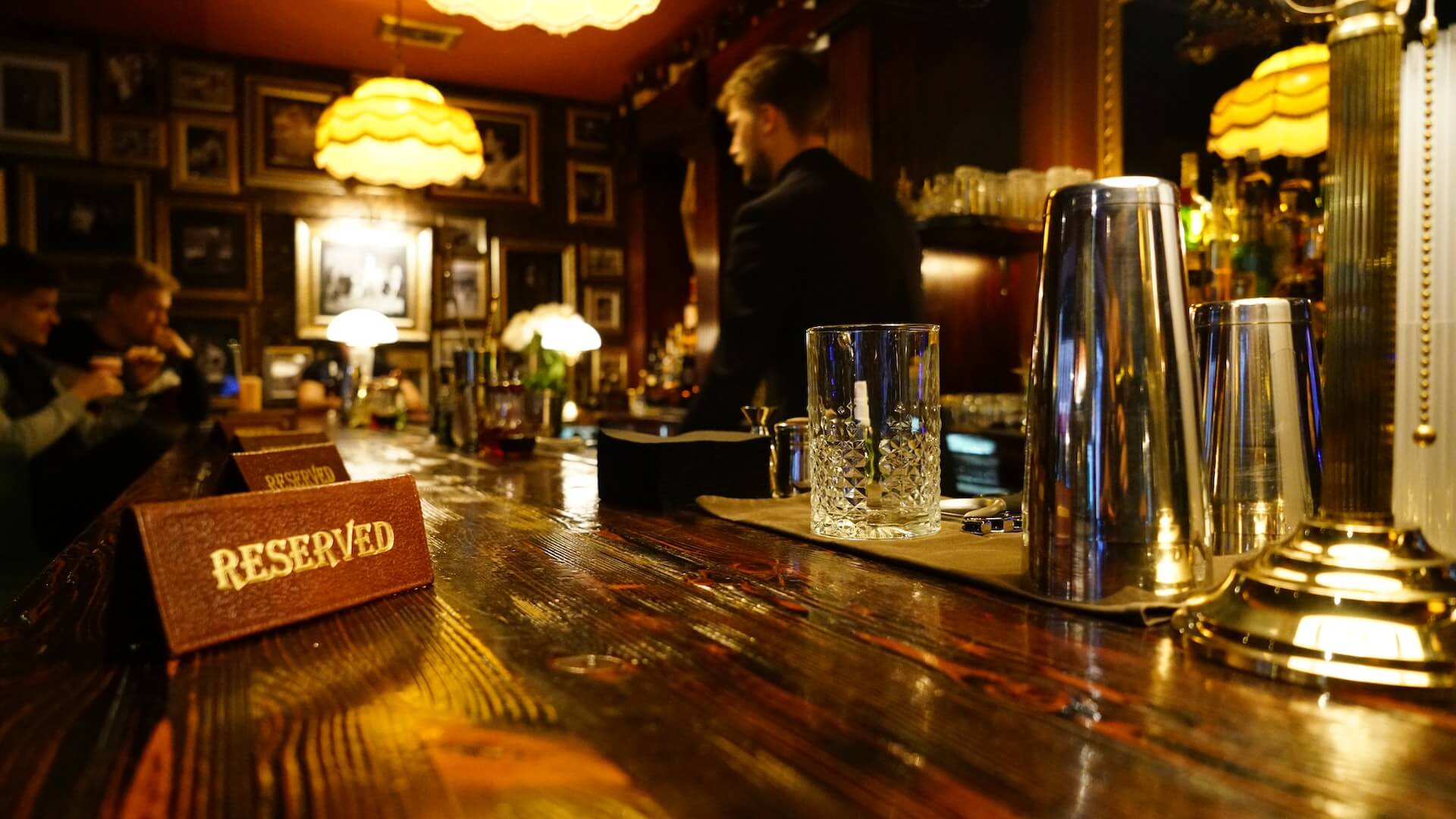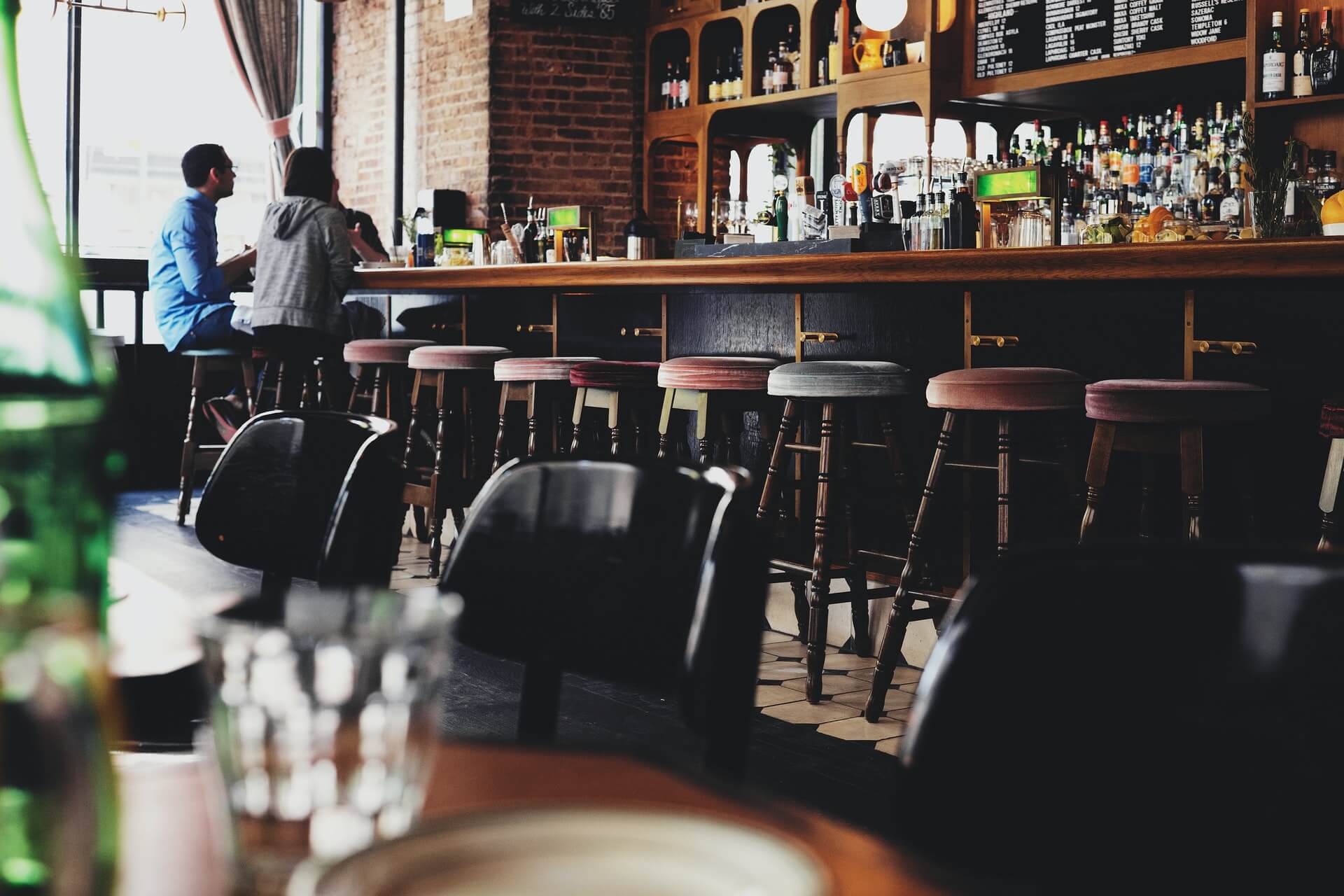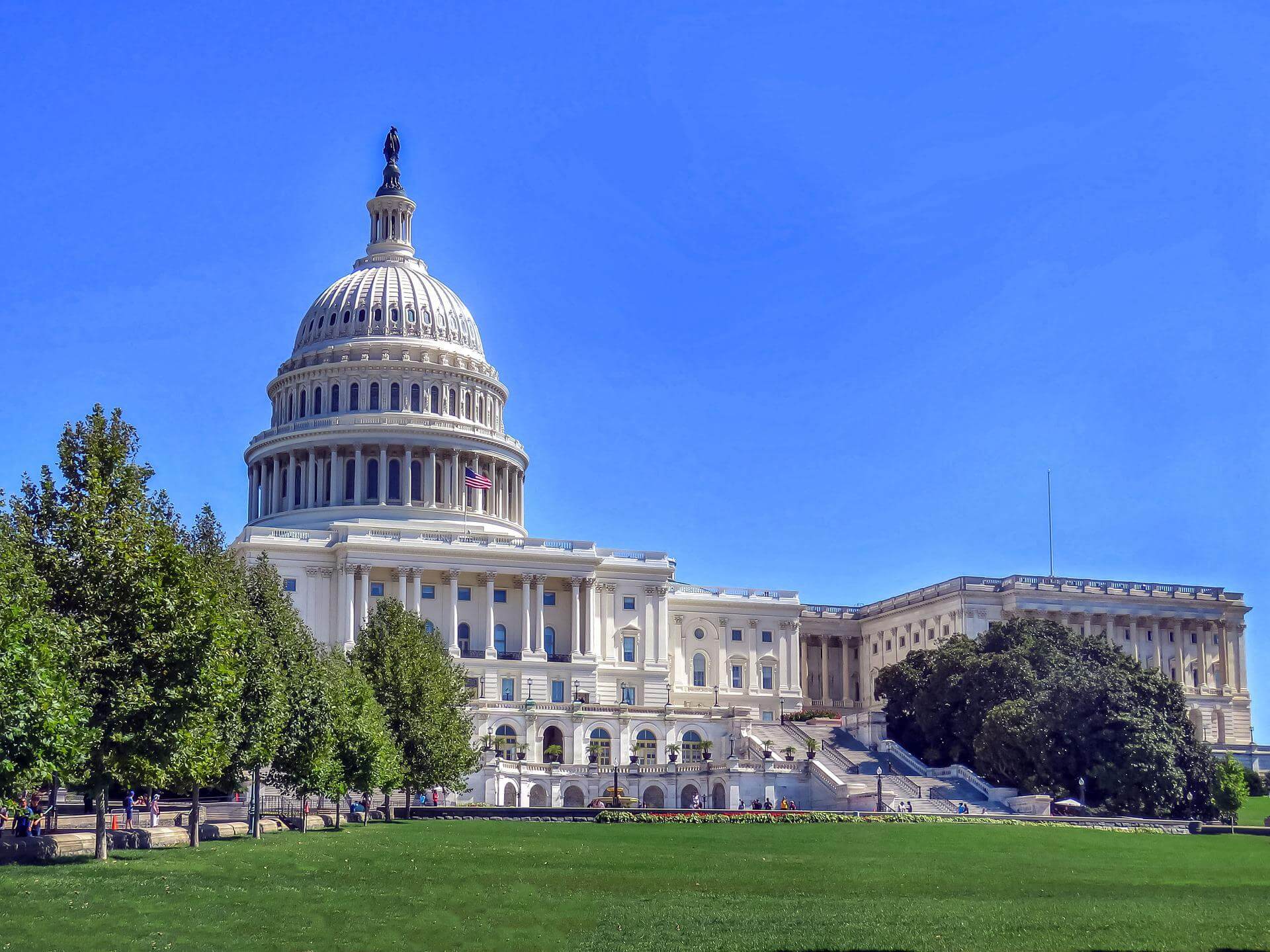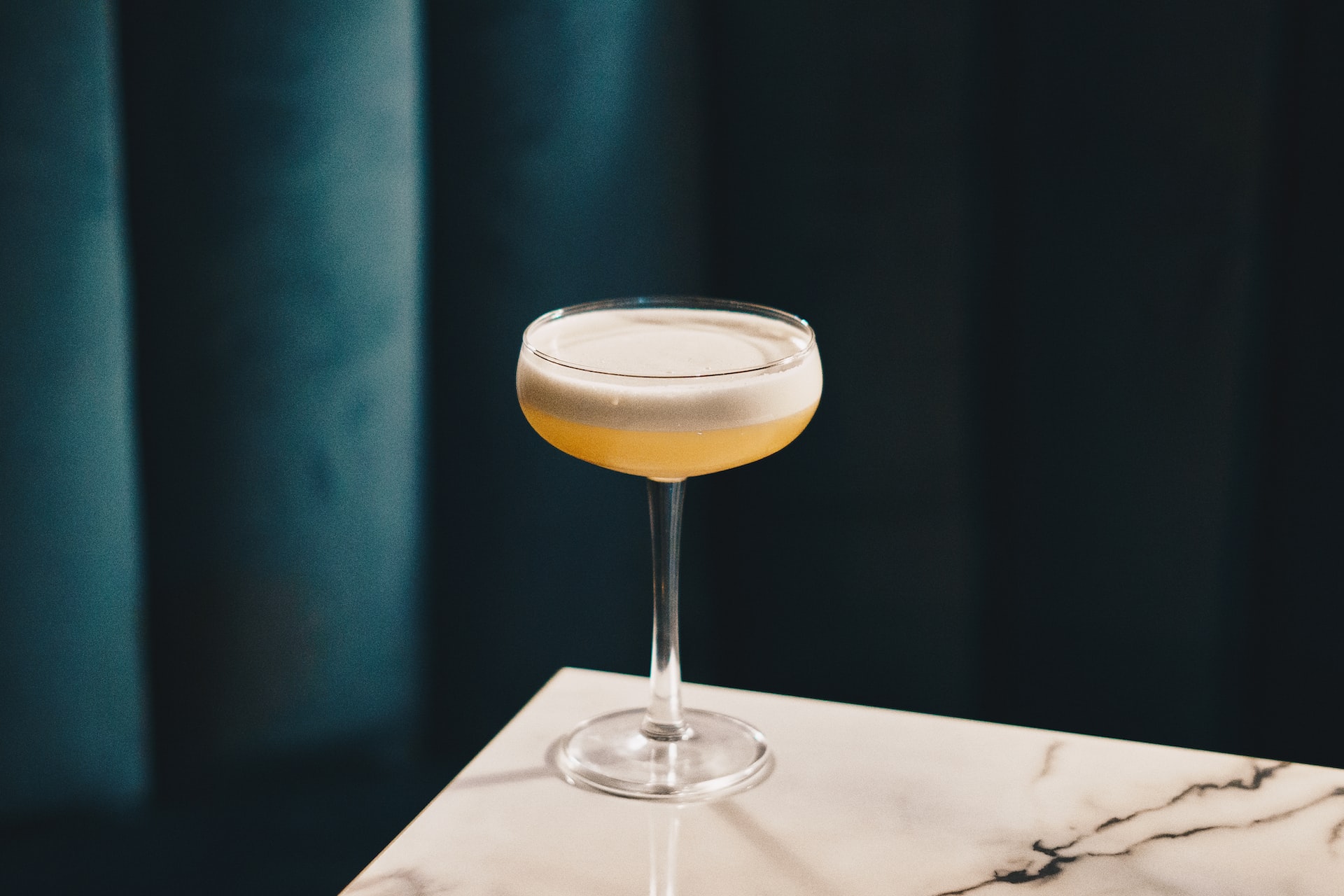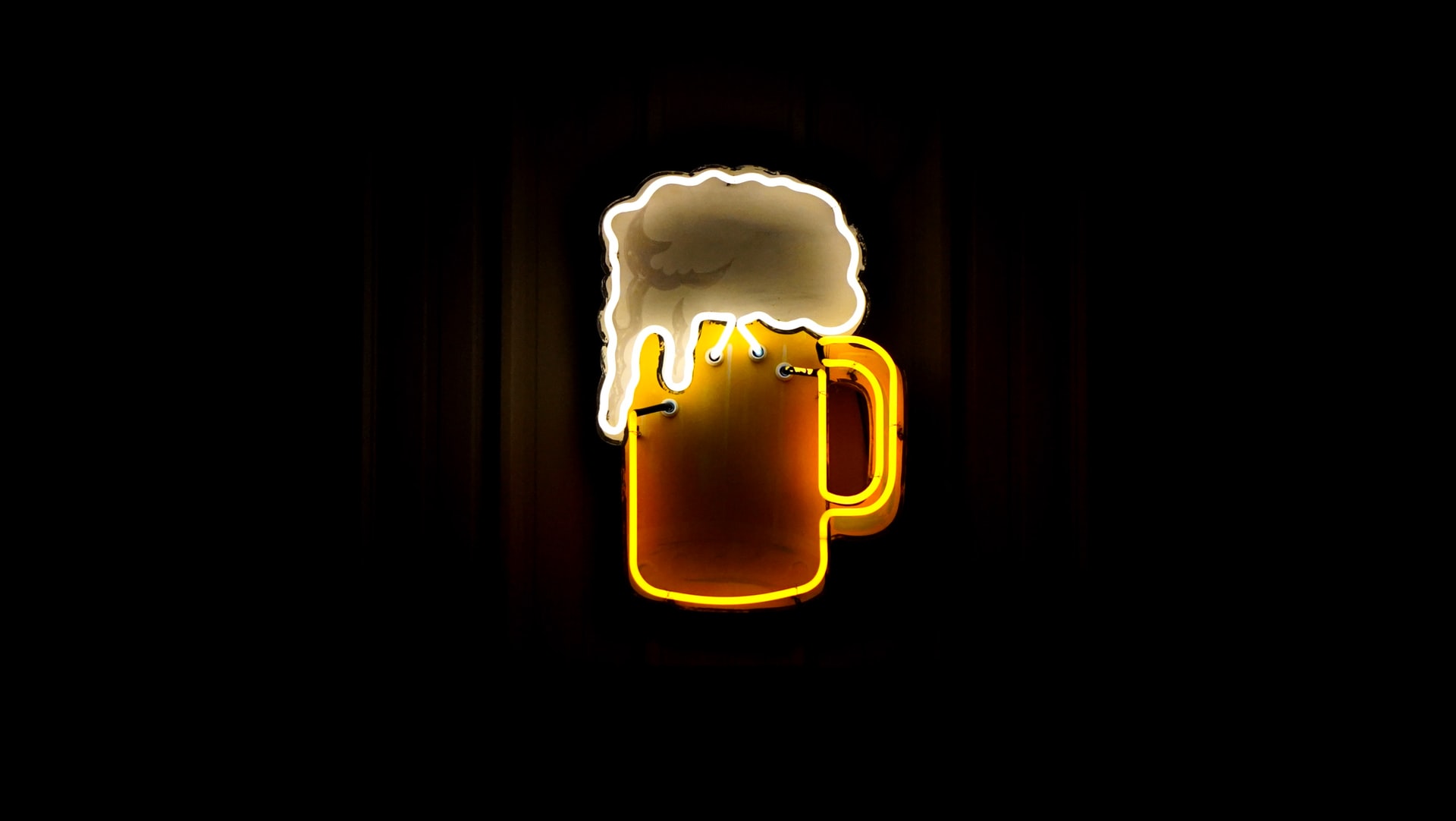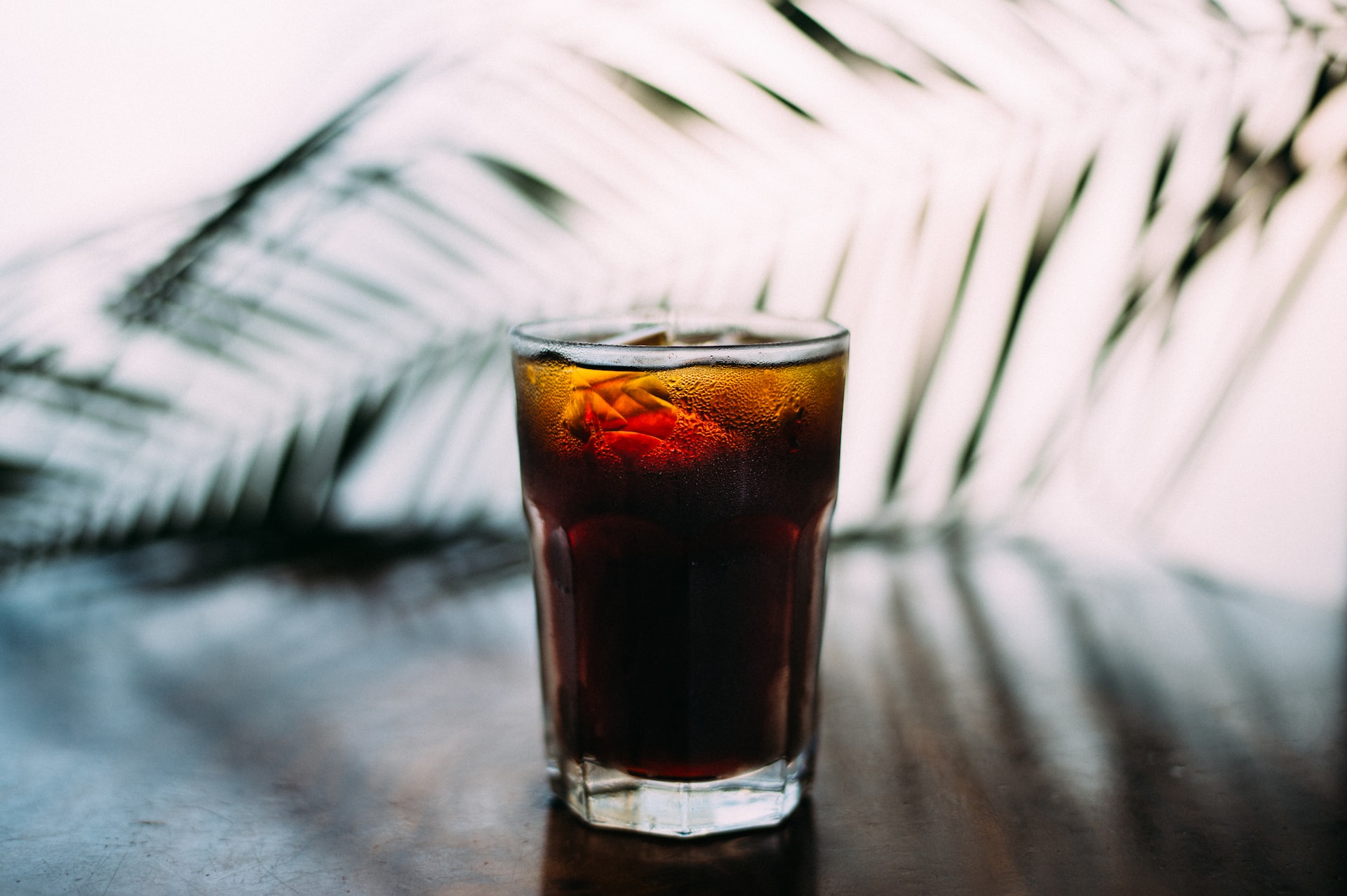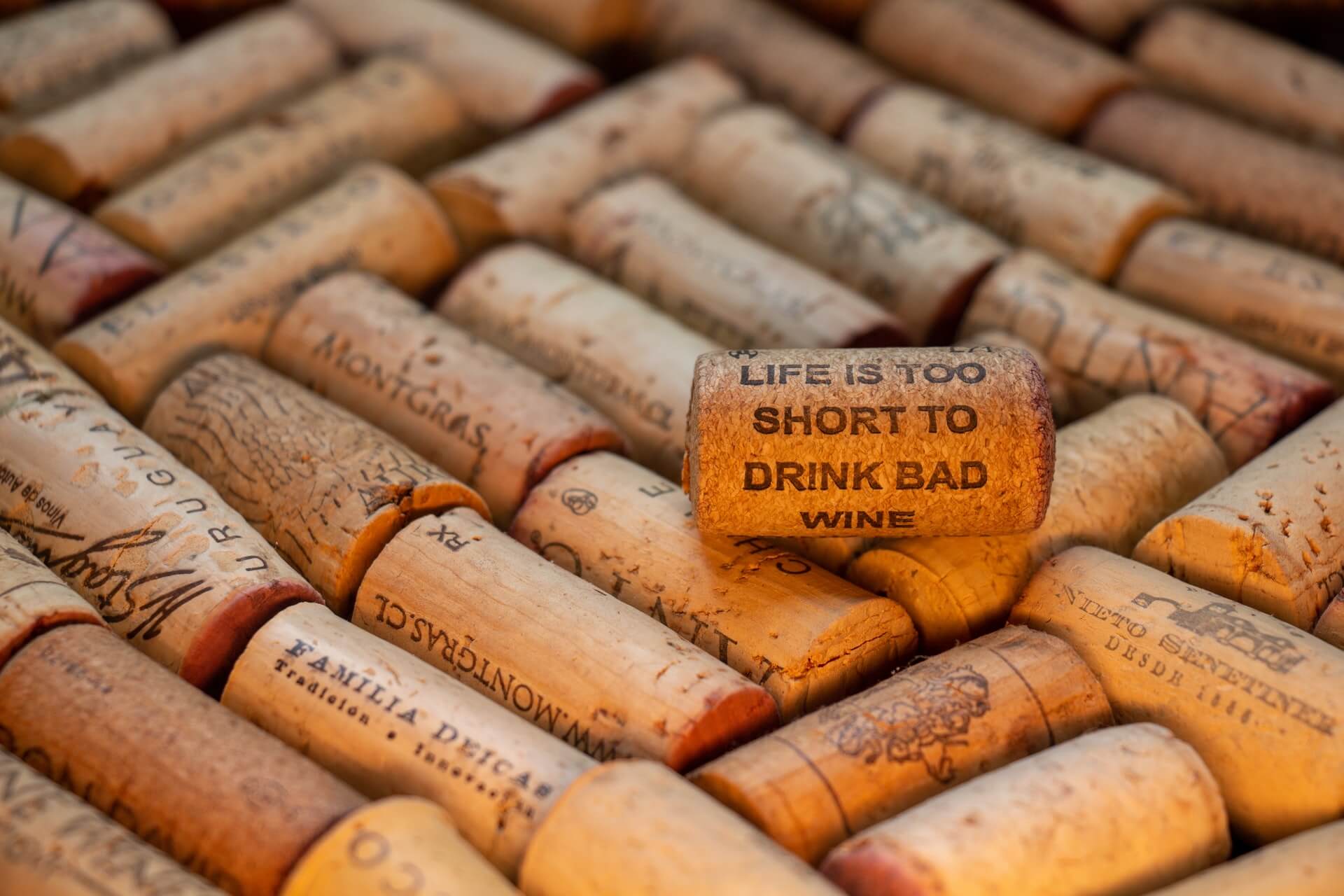2022 World Beer Cup Winners
by David Klemt
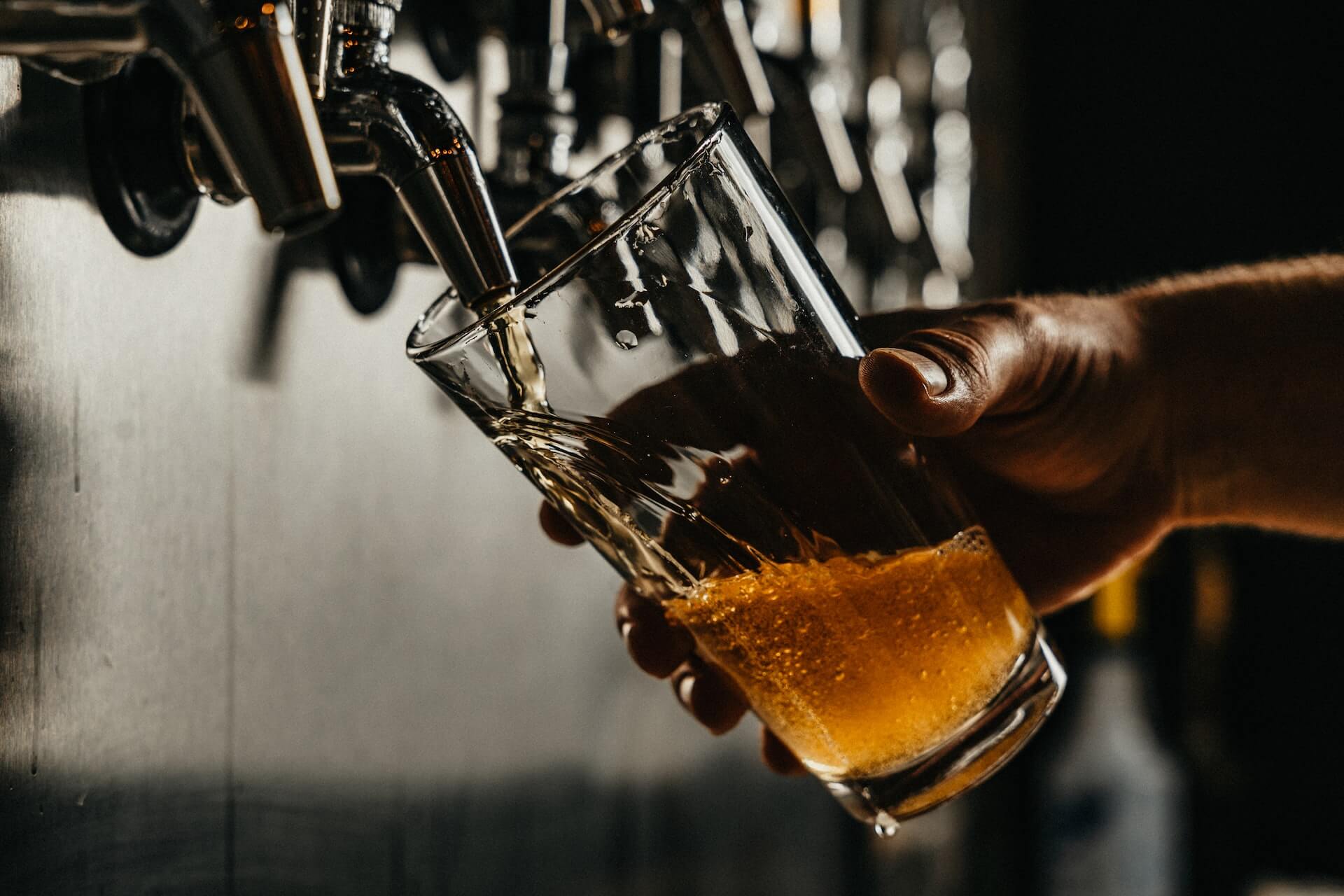
The Brewers Association‘s 2022 World Beer Cup identifies the top three beers across a staggering 103 separate categories.
If you enjoy multiplication, that’s 309 medals in a single competition. And that’s just the winners; there can be more than 200 entries in a single category.
So, yes—I envy the World Beer Cup judges. I mean, what beer fan wouldn’t want to taste all the entries into the Olympics of Beer?
This competition, developed by the Brewers Association, has been going strong since 1996. Next year’s competition, if you happen to brew beer and want to enter it, will take place in Nashville in May.
Okay, you may be wondering why I’m talking about this beer competition. The reason is simple: To get your ready for September.
There are three beer holidays to program for and celebrate next month:
- National Beer Lover’s Day (September 7)
- National Crush a Can Day (September 27)
- Drink Beer Day (September 28)
Oh, and there’s this little event—Oktoberfest—that takes place from September 17 to October 3.
Below you’ll find 48 medal winners from 16 categories to give you a taste of the 2022 World Beer Cup results. For the full list, click here, then click the “2022 Winners” button.
Cheers!
Category 1: American Wheat Beer (68 entries)
- Gold: For-scythe, Cherry Street Brewpub at Halcyon (Alpharetta, GA)
- Silver: Hefe, Widmer Brothers Brewing (Portland, OR)
- Bronze: American Wheat, Cerveceria Principia (Monterrey, Nuevo León, Mexico)
Category 2: Fruit Beer (134 entries)
- Gold: Yuzu KSA, Fort Point Beer Co. (San Francisco, CA)
- Silver: Berry, Berry, Quite Contrary, Territorial Brewing Co. (Springfield, MI)
- Bronze: Grape Fruit Session IPA, Mahanine Brewing (Hohhot, People’s Republic of China)
Category 5: Pumpkin Beer (40 entries)
- Gold: 5 Phantoms, Philipsburg Brewing Co. (Philipsburg, MT)
- Silver: Ryes of the Pumpkin King, Sound2Summit Brewery (Snohomish, WA)
- Bronze: Pumpkin Paddy, Launch Pad Brewery (Aurora, CO)
Category 9: Coffee Beer (79 entries)
- Gold: Gusto Crema Coffee Ale, Georgetown Brewing Co. (Seattle, WA)
- Silver: Daybreak, Wolf’s Ridge Brewing – Production Operations (Columbus, OH)
- Bronze: Double Cream Coffee Dream, Dangerous Man Brewing Co. (Minneapolis, MN)
Category 10: Coffee Stout or Porter (112 entries)
- Gold: Dusk til Dawn, Pizza Port San Clemente (San Clemente, CA)
- Silver: Mocha Porter, Bend Brewing Co. (Bend, OR)
- Bronze: Mocha Machine, Beachwood Brewing (Huntington Beach, CA)
Category 11: Specialty Beer (56 entries)
- Gold: KURI KURO – Dark Chestnuts Ale, Miyazaki Hideji-Beer Co. (Nobeoka, Japan)
- Silver: Agavemente, SouthNorte Beer Co. (Chula Vista, CA)
- Bronze: Graham Cracker Porter, Denver Beer Co. (Denver, CO)
Category 14: Non-Alcohol Beer (123 entries)
- Gold: Golden Lager, Grüvi (Denver, CO)
- Silver: Non-Alcoholic Black Butte, Deschutes Brewery (Bend, OR)
- Bronze: Parallel, Southern Grist Brewing Co. (Nashville, TN)
Category 15: Session Beer (43 entries)
- Gold: Swift Half, Station 26 Brewing Co. (Denver, CO)
- Silver: Peacekeeper, Launch Pad Brewery (Aurora, CO)
- Bronze: Bucketty’s Pale Ale No. 2, Bucketty’s Brewing Co. (Brookvale, New South Wales, Australia)
Category 16: Session India Pale Ale (107 entries)
- Gold: Trump Hands, Cannonball Creek Brewing Co. (Golden, CO)
- Silver: Moon Rocks, Mickey Finn’s Brewery (Libertyville, IL)
- Bronze: Tiny Juicy IPA, Five Boroughs Brewing Co. (Brooklyn, NY)
Category 22: Gluten-Free Beer (66 entries)
- Gold: La Gosa Rita, Lakefront Brewery (Milwaukee, WI)
- Silver: Little Brown Job, Lucky Pigeon Brewing Co. (Biddeford, ME)
- Bronze: Glutenberg Session IPA, Glutenberg (Montréal, Québec, Canada)
Category 91: American-Style Pale Ale (160 entries)
- Gold: Figueroa Mountain Mosaic, Figueroa Mountain Brewing Co. (Santa Barbara, Santa Barbara, CA)
- Silver: Cruisin’, Pizza Port Bressi Ranch (Carlsbad, CA)
- Bronze: Somewhere Golden, Institution Ale Co. (Camarillo, CA)
Category 92: Juicy or Hazy Pale Ale (141 entries)
- Gold: Hazealicious, Reuben’s Brews – The Taproom (Seattle, WA)
- Silver: Baby Azacca, 33 Brewing Experiment (Vancouver, British Columbia, Canada)
- Bronze: Haze in the Park, Kings & Convicts Brewing Co. (San Diego, CA)
Category 95: Imperial India Pale Ale (174 entries)
- Gold: Space Lettuce, Monday Night Brewing (Atlanta, GA)
- Silver: Cali Boy, No Label Brewing Co. (Katy, TX)
- Bronze: Devil’s Pool, Wissahickon Brewing Co. (Philadelphia, PA)
Category 96: Juicy or Hazy Imperial India Pale Ale (171 entries)
- Gold: Pantless Thunder Goose, Mast Landing Brewing Co. (Westbrook, ME)
- Silver: Houblon Deluxe, Pure Project (Vista, CA)
- Bronze: Citra Powered Jetpack, Barebottle Brewing Co. (San Francisco, CA)
Category 102: American-Style India Pale Ale (384 entries)
- Gold: Hop-Fu!, North Park Beer Co. (San Diego, CA)
- Silver: Super Slap, Brewery X (Anaheim, CA)
- Bronze: Aurora Hoppyalis IPA, Karl Strauss Brewing Co. (San Diego, CA)
Category 103: Juicy or Hazy India Pale Ale (343 entries)
- Gold: Rhymes Like Dimes, Xül Beer Co. (Knoxville, TN)
- Silver: Blue Comet, Widowmaker Brewing (Braintree, MA)
- Bronze: Tasty Jams, Brix City Brewing (Little Ferry, NJ)
Image: Josh Olalde on Unsplash

